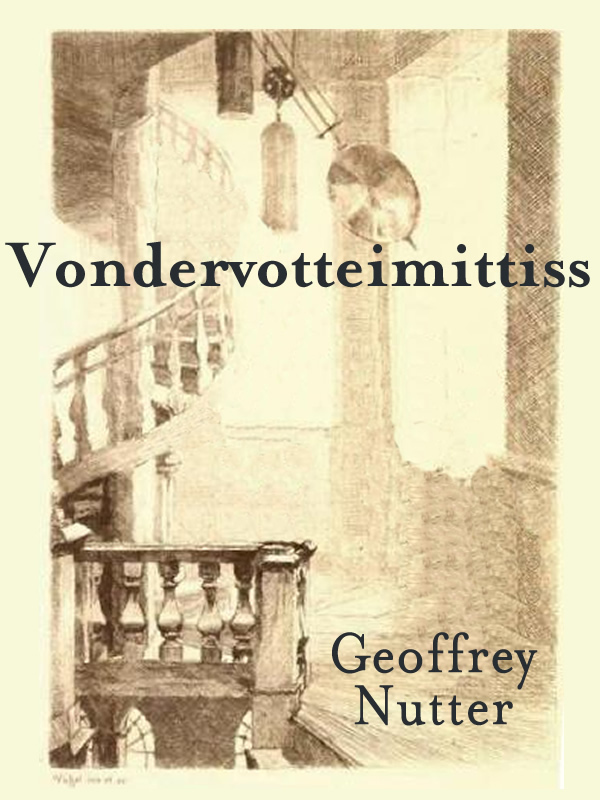The War of the Gargantua
This was the field where they fought the Giants’ War.
This is the field where all good was contingent,
where all good had been part of some great thing.
Gigantic green block-heads are looming above us
draped with vines, dripping with tar,
and looming above the horizon.
These were wearing tall time-annihilating hats.
These serenely lumbered among the berserkers.
This is not the time during which we had been living.
It is the time of fables, which yielded the meaning
of their creatures. It is the great forest arsenal
of earthly growths that have been weaponized, bejeweled.
A man made out of fire has heard an ultimatum
and stands in an iron glow. The buildings
are delicate cinders and cylinders that had once
been part of a polyhedral thing, and had fought
the cathedral war with the sky.
This is giant man, is mere man, is transformational
man. Whatever Ovid believes, he shall be.
By gazing at his own face in the pines
he has grown bereft of sense, like Narcissus.
By beholding his face in the glittering brook
he has become the bestiary lake.
By looking down on the Anticosmopolita
he is mistaken for arrangements of stars,
like Pisces, Swan, and Lion.


